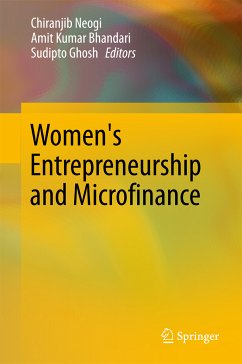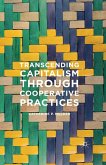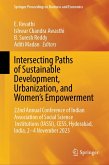This book offers a critical perspective on the issues related to women's empowerment, microfinance, and entrepreneurship in India. Written by distinguishing experts in this field, this book highlights women's empowerment, which is a process of entrusting power to an individual on the control over resources and decisions. However, these two factors are less effective in a society where religion and cultural dominance is high. The book sheds light on the social security measures undertaken by the government aiming to the right to work helped women who are bounded by social restrictions. Over time there is a shift in rural occupational structure towards non-farm activities, which is largely distress driven self-employment. Access to credit is a great source to provide self-employment that develops self-esteem among women and uplift their position. The book highlights the discrimination against women entrepreneurs in access to credit led to gender biased entrepreneurial society. Association with self-help groups (SHGs) has made women more socially empowered. SHG members help them to change their life in a positive manner through micro-entrepreneurial activities. The book has emphasized on the role of microfinance, which has served the poor to become financially self-reliant. It is observed that for second generation borrowers, the impact of microfinance seems to fizzle out, where MFIs who are gaining efficiency are diverting their objective of servicing poor, signalling a sign of mission drift.
Dieser Download kann aus rechtlichen Gründen nur mit Rechnungsadresse in A, B, BG, CY, CZ, D, DK, EW, E, FIN, F, GR, HR, H, IRL, I, LT, L, LR, M, NL, PL, P, R, S, SLO, SK ausgeliefert werden.









